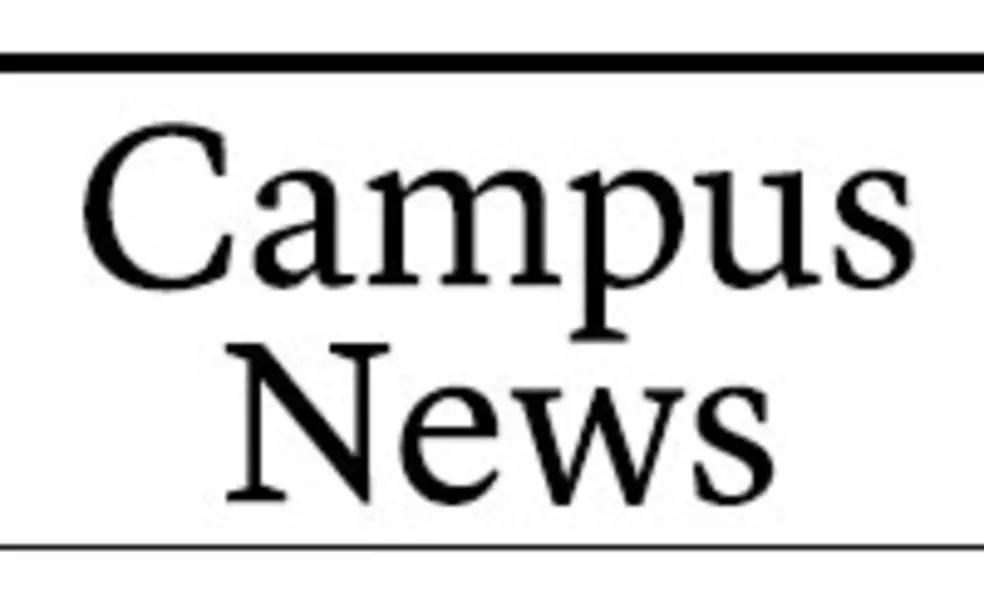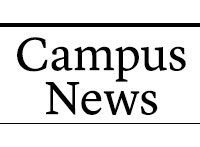Campus committee explains findings on women's leadership
Members of the Steering Committee on Undergraduate Women’s Leadership spoke to an audience of about 50 students and faculty in Dodds Auditorium March 23, discussing the findings of their yearlong study on women’s undergraduate leadership.
President Tilghman spoke first on the motivations of the study. “One of the important missions of this university is to empower our students to go out into the world, take it on, and to make it a better place,” she said. “I wanted to understand as much as we could, whether in fact men and women were leaving here feeling powerful.”
The 18-person committee consisted of nine faculty members, six undergraduates, and three administrators who met regularly from February 2010 to January 2011. Subcommittees focused on the first-year experience, academic and faculty issues, campus life, extracurricular activities, alumni perspectives, and comparison to other institutions.
Committee chairwoman and Princeton professor Nannerl Keohane introduced the findings and general recommendations of the committee, citing a steadily rising percentage of female leadership in the most visible student organizations lasted from the 1970s to the start of the new millennium, when female leadership in organizations like student government, the newspaper, and the honor committee dropped precipitously.
“There are differences – subtle but real – between the ways most Princeton female undergraduates and most male undergraduates approach their college years, and in the ways they navigate Princeton when they arrive,” Keohane said.
Keohane also noted that women win more honors of almost every kind in most departments, except highest honors. Other conclusions of the study suggested that women consistently undersell themselves, seem less confident, or crack self-deprecating jokes in situations where men might be more confident.
Rebecca Graves-Bayazitoglu, dean of Whitman College, spoke on the critical role that the beginning weeks at Princeton play in preparing students. She said the committee offered a number of proposals for orientation programs to allow every undergraduate to thrive in his or her four years. Suggestions included integrating orientation with upperclass students to create a sense of ownership of and belonging. She also noted there was a recommendation for reorientation after fall break, explaining that after the first eight weeks at Princeton, students have a lot more questions than they did when they first arrived on campus. Graves-Bayazitoglu added that the school should improve and build on leadership programs already in place.
Amelia Thomson-DeVeaux ’11, a recent co-winner of the Pyne Prize, spoke on the importance of having female role models to help empower undergraduate women during and after their four years at Princeton. She said that much to her embarrassment, her mother (alumna Vivian Thomson ’77) used to ask college tour guides what percentage of the faculty was female. When Amelia asked why she needed to ask this, her mother told her it was important to have a female role model. “And I hate to say this,” Thomson-DeVeaux said, “but she was right.”
Thomson-DeVeaux noted that she has had the opportunity to build strong ties with women on the faculty and has sought their counsel in planning her future.
“They allay whatever fears of rejection I might have, they tell me of course I am qualified, they tell me that yes there will be barriers down the line, but everyone faces challenges,” she said. “It’s been very important for me to see that I don’t need to have every step mapped out.”













No responses yet